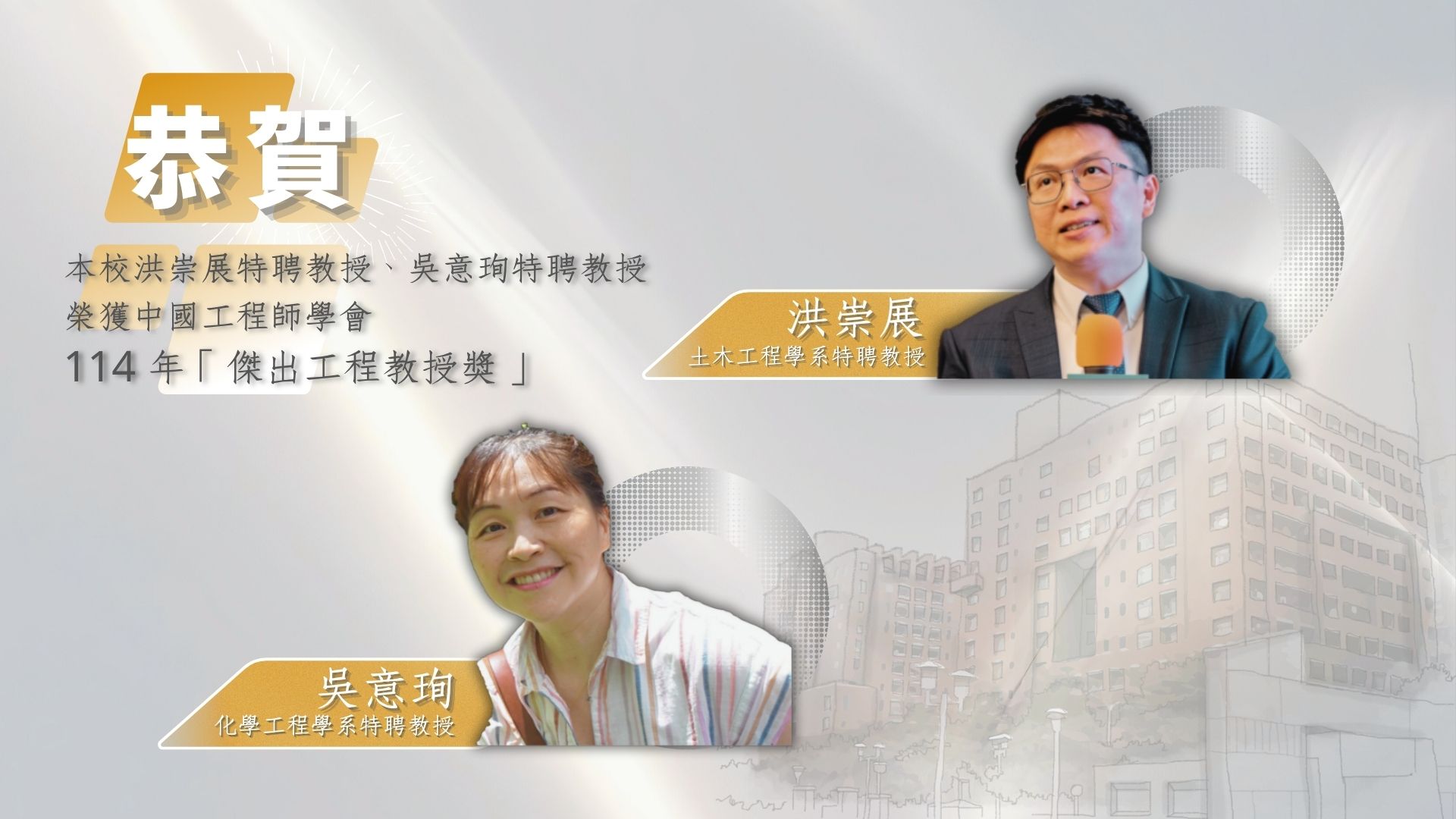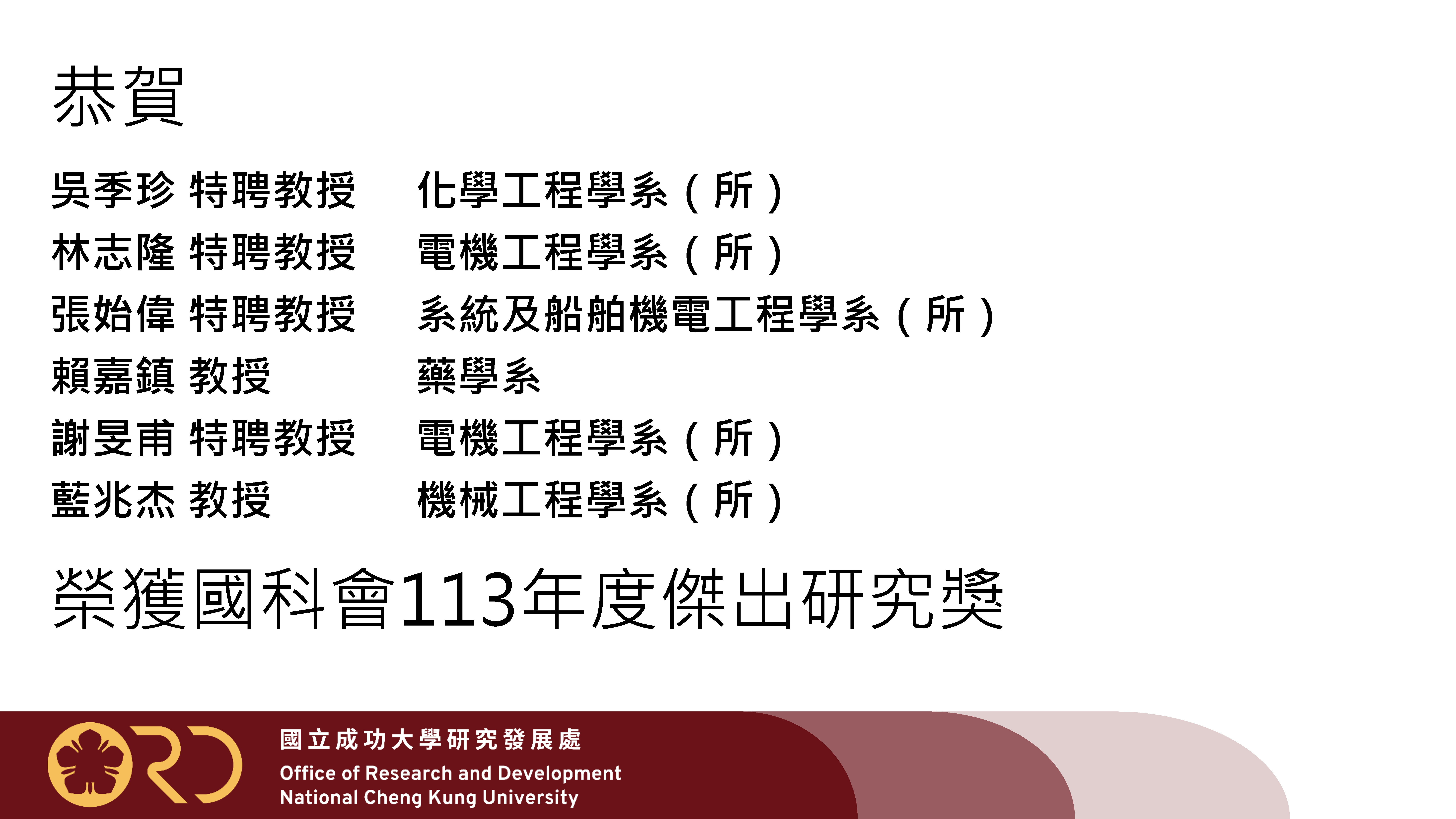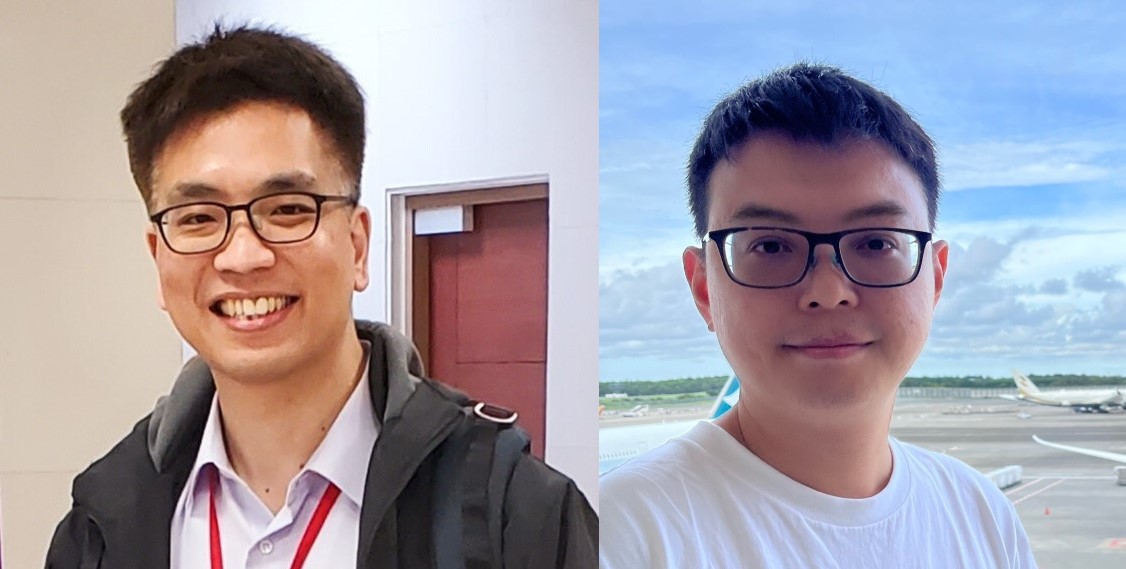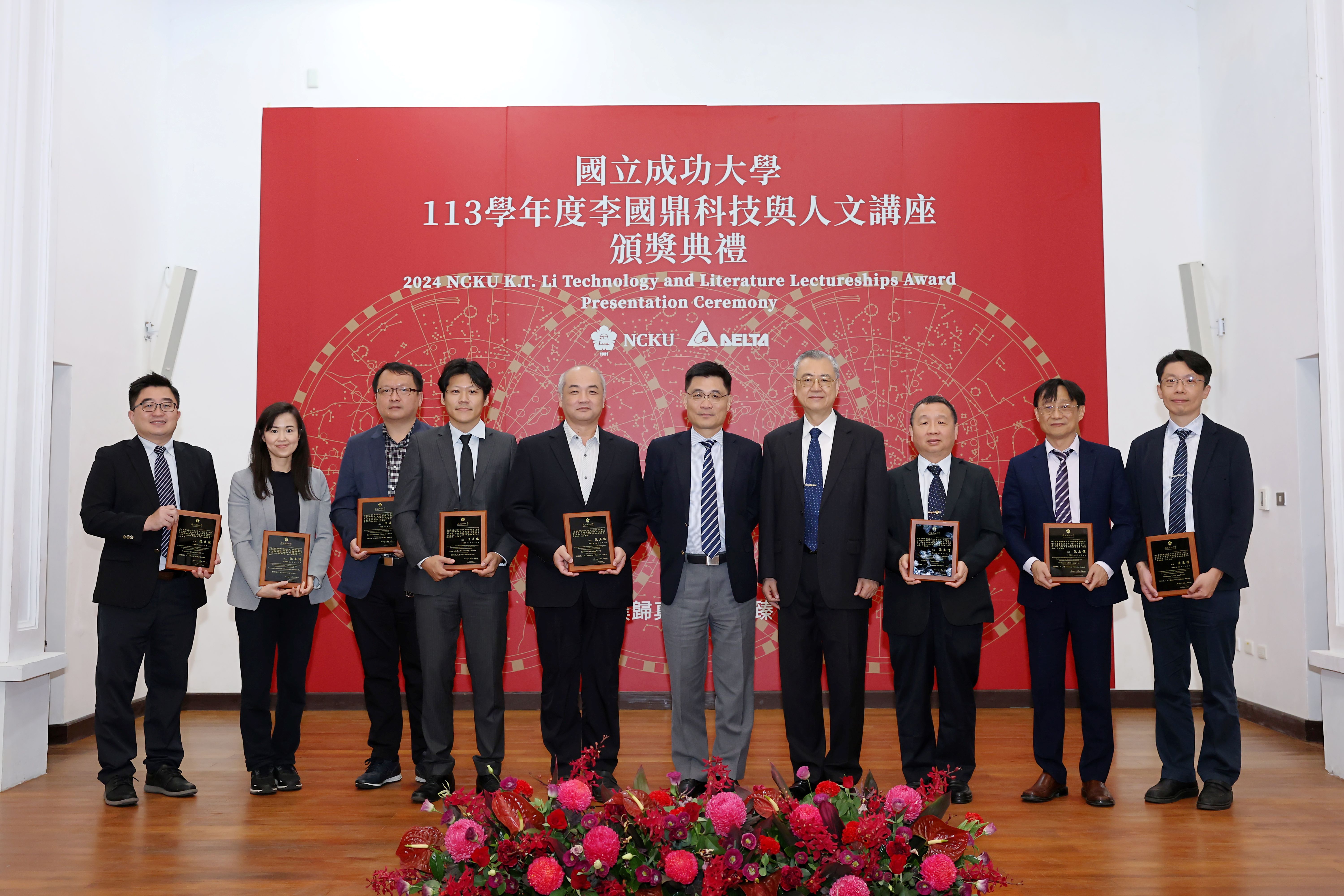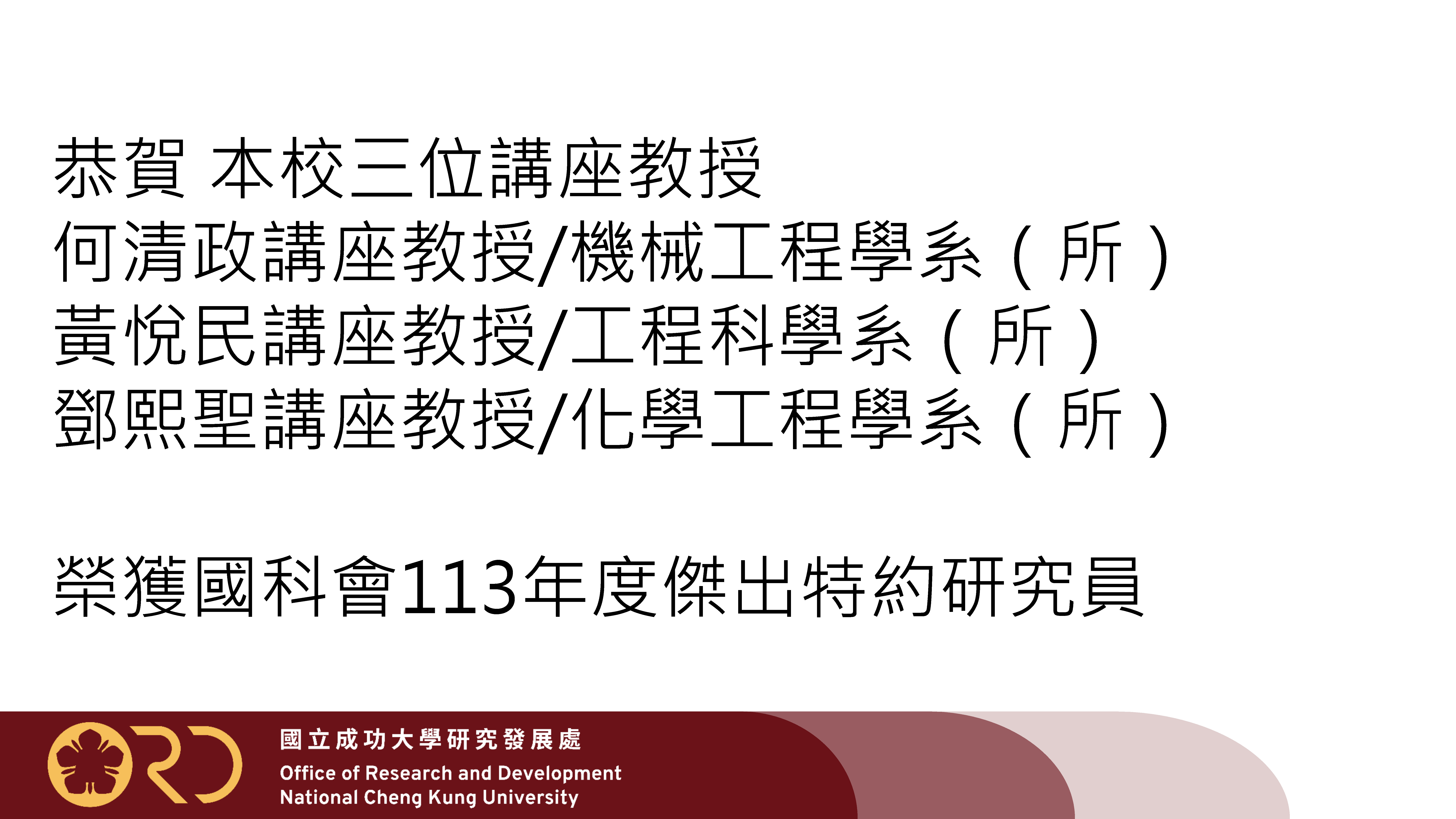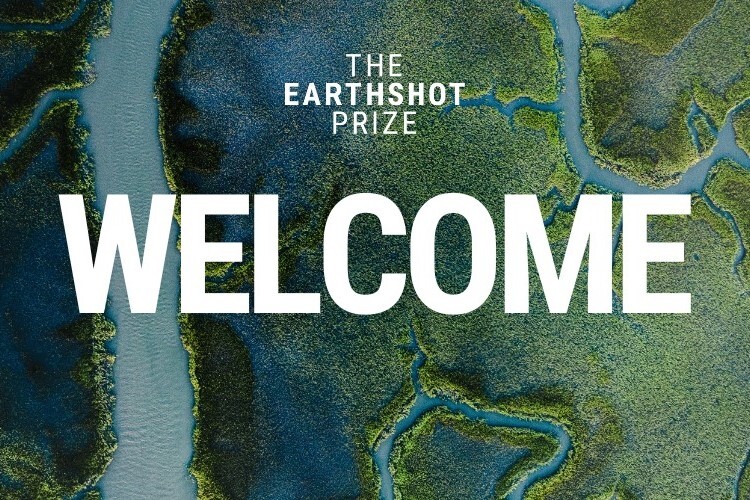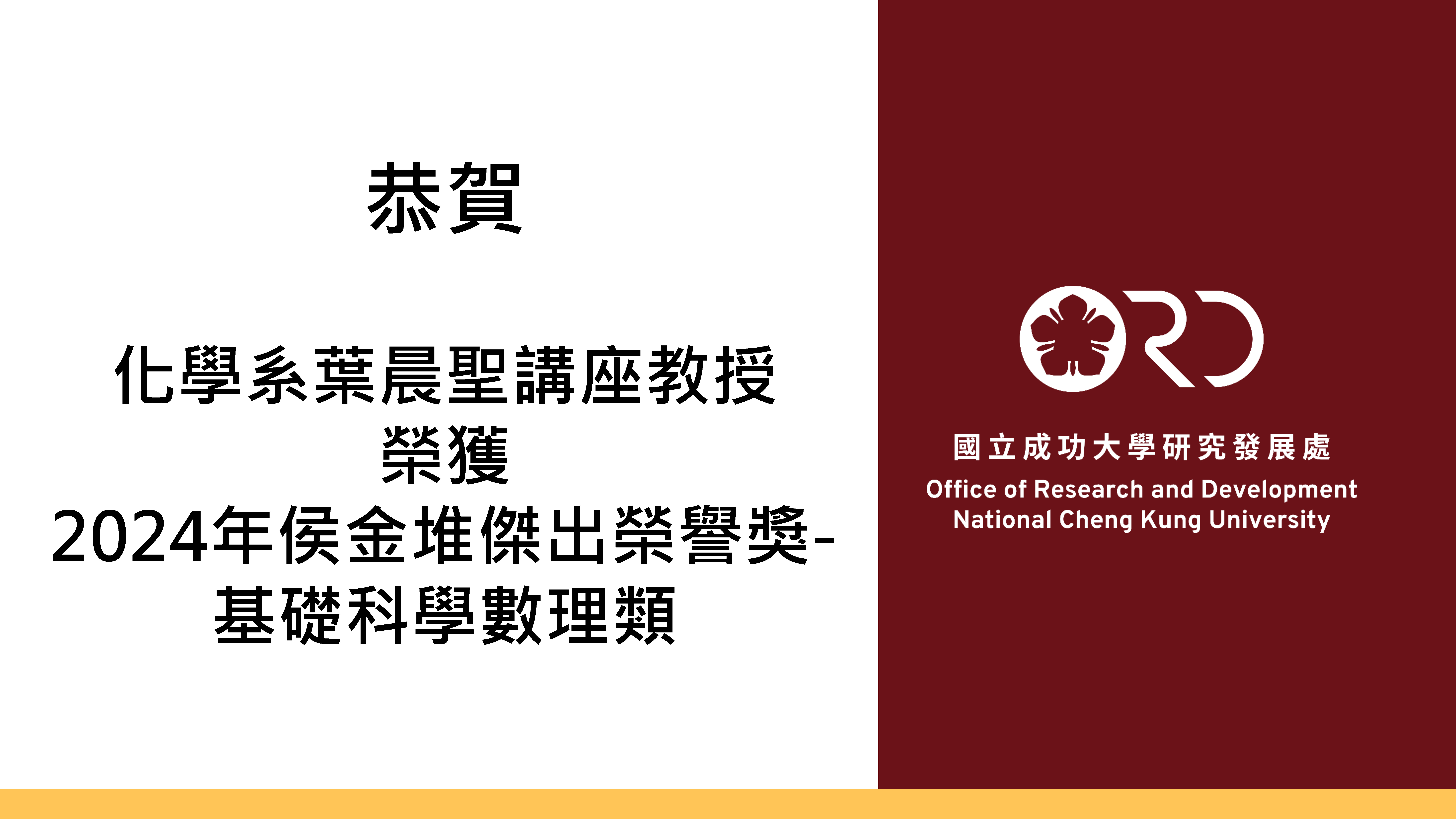|
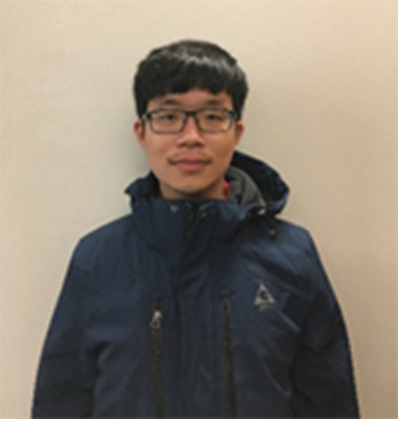
你是否曾往綠油油的田間看去?在陣風以特定頻率吹拂之下,排列整齊的秧苗將產生些微的偏移,頓時水田上明暗相間,就好無數的格柵瞬現。當複數個固定周期的圖案在特定的條件下交疊時將會產生一種人們稱之為摩爾紋(moiré pattern)的現象,如圖(一)所示。這是在生活中處處可見的一中現象,例如將兩個紗窗交疊、以特定的距離用相機拍攝數位電視螢幕即可見到。我們使用了兩種二維材料(WS2以及MoSe2),並將它們交疊形成了異質結構,在其上產生了週期為1nm的摩爾紋。沿著摩爾紋的路徑二維異質結構將產生規律的能障,透過改變摩爾紋的週期,其產生的能障可以侷限住1組電子-電洞對(又稱激子,exciton)。奈米摩爾紋的形成,讓所有存在於結構內的激子規律的在廣大的面積範圍內排列 ,而我們的團隊將二維異質結構放置於微共振腔系統中,讓光子與激子耦合形成了極化子(polariton),實現了固態系統當中極為稀有的量子體陣列,為新型的量子多體物理學開啟了一個新的研究領域。
Have you ever looked at the green fields? With the gust of wind blowing at a specific frequency, the neatly arranged seedlings will have a slight deviation, and the paddy field will be bright and dark suddenly like countless grids appear instantaneously. When multiple patterns with a fixed period overlap under certain conditions, a moiré pattern will appear, as shown in Figure (1). It is everywhere in our daily life, such as stacking two screen windows and shooting digital TV screens with cameras at a specific distance. Our research stacks two kinds of 2D materials (WS2 and MoSe2) to form a 2D-heterostructure, with a moiré period of 1nm. A potential barrier will be created along the edge of the moiré fringe on the 2D heterostructure. The nano moiré pattern formation allows all excitons present in the structure to be arranged regularly in a wide area. Our team placed a two-dimensional heterostructure in a microcavity system to couple photons and excitons to form a polariton quantum array. This system introduces quantum dot-like nonlinearity into a cooperatively coupled solid-state system, which opens the door to a new type of quantum many-body physics.
|
|
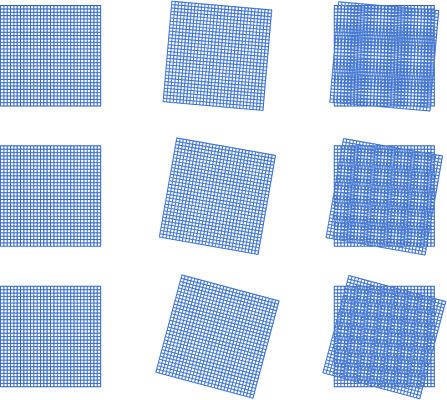
圖(一)由上而下為5°,10°,15°偏移交疊的摩爾紋,最右邊的摩爾紋周期將隨著角度變化而改變
Figure (1) From top to bottom, there are moiré patterns form by 5°, 10°, 15° offset, and the moiré period on the right will change with the offset angle.
|


